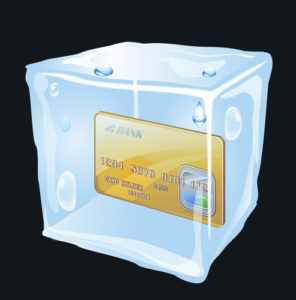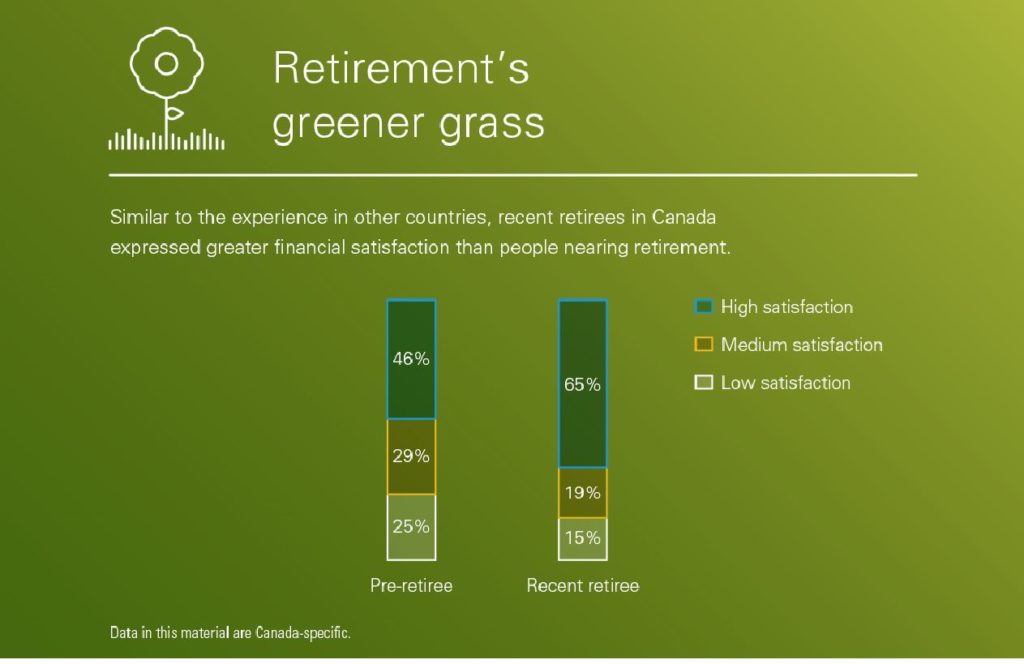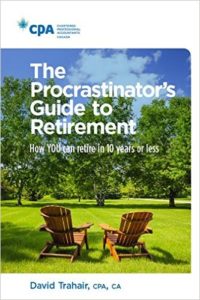Special to the Financial Independence Hub
If you became seriously sick or injured today, would you be able to afford all your bills? Think about not only your medical expenses, but also your monthly payments: utilities, mortgage, car, insurance, loan repayment, etc.
Health insurance might pay for your hospital bills, but if you’re unable to work for an extended period of time, would you feel the pain of lost income?
Most of us certainly would. Fortunately, income protection insurance is designed to help us carry on without too much disruption.
What Is Income Protection Insurance?
In exchange for a monthly premium, you get peace of mind through income protection insurance. If you were unable to work due to an injury or illness, income protection insurance essentially replaces your income.
Specific details will depend on each policy, but in general you can expect to claim your income protection insurance more than once. That means you can benefit from the payouts any time you get sick or injured, and not just the first time you experience a major setback.






